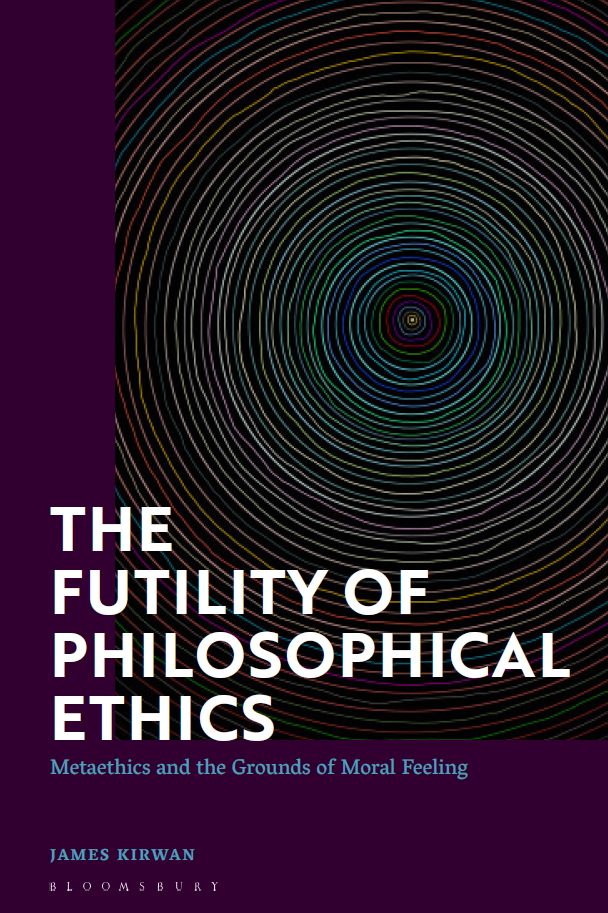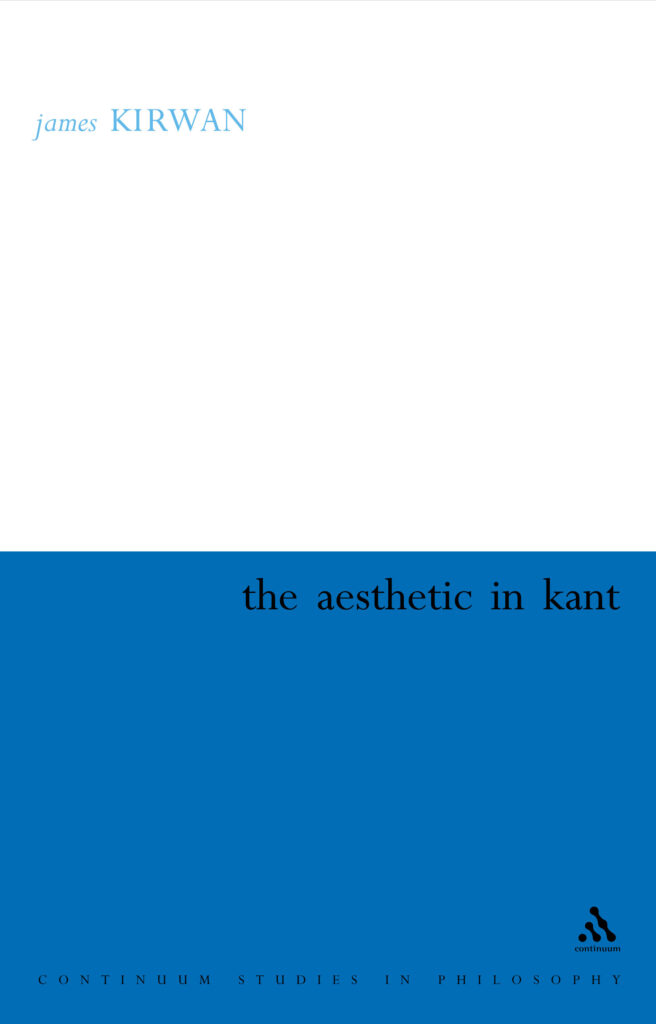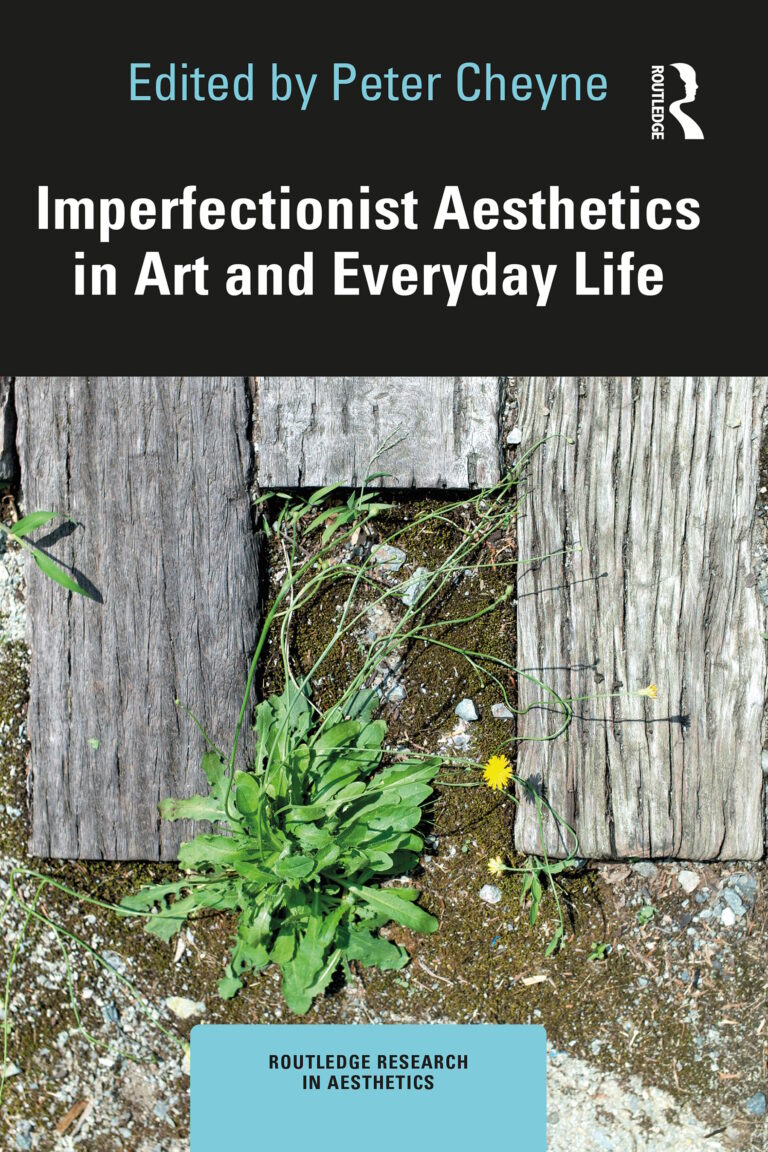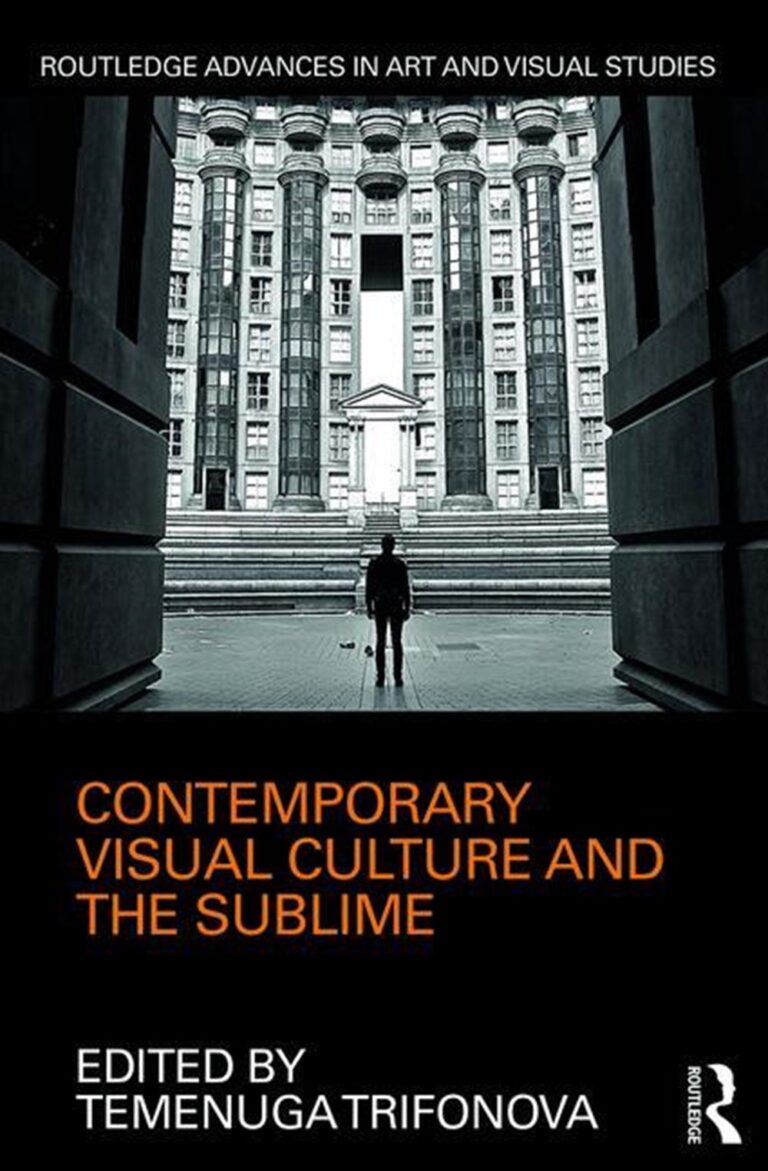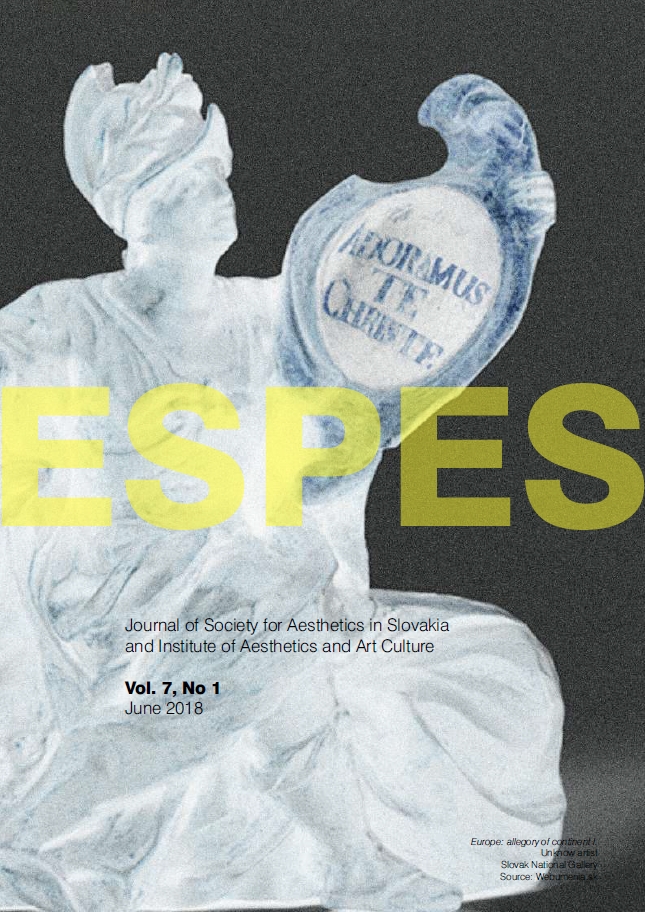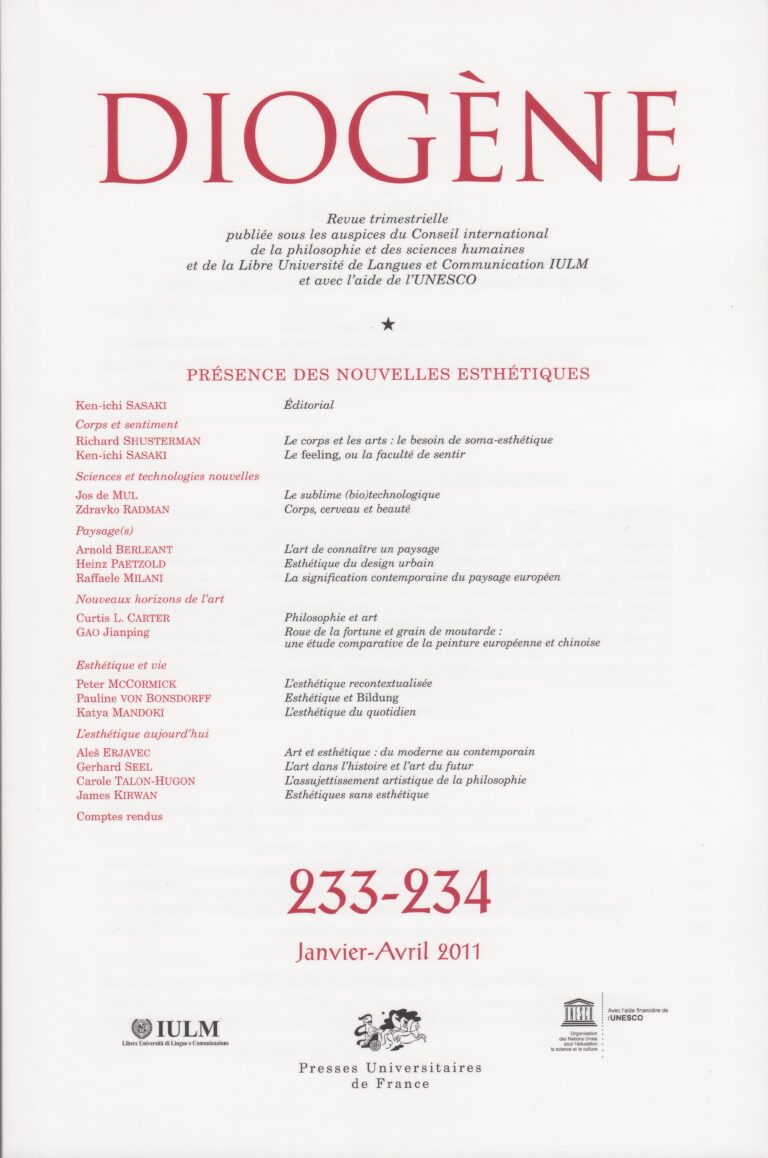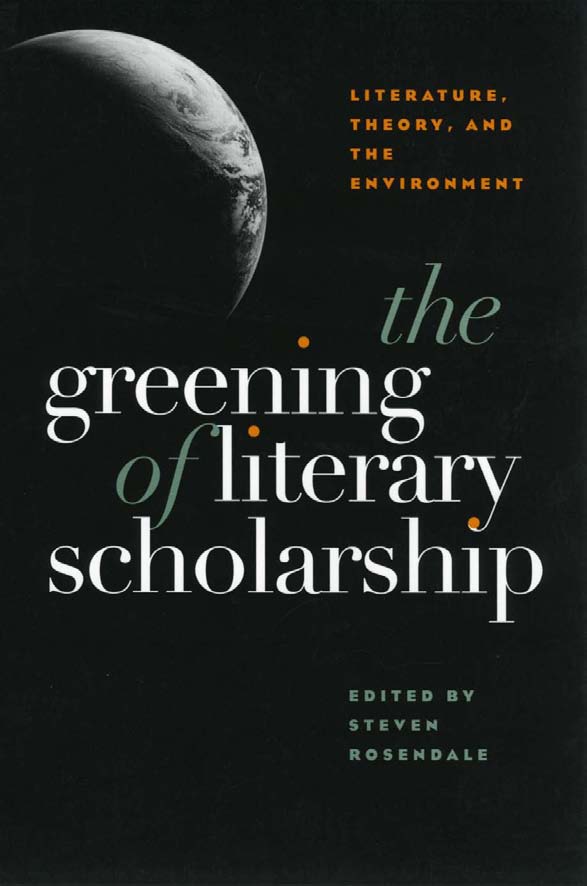
I am a professor in cross-cultural studies at Kansai University, Osaka, where I teach courses in material culture, popular culture, history of ideas, and a variety of themes from anthropology and sociology. These topics are not among my research interests.
Despite having most recently published on ethics, my main area of interest is aesthetics. I am currently working on a book-length introduction to the nature of aesthetic experience. My other research interests are literary theory, hermeneutics, and exoticism (from an aesthetic point of view).
Books
The Futility of Philosophical Ethics: Metaethics and the Grounds of Moral Feeling
Bloomsbury, 2022
The Futility of Philosophical Ethics puts forward a novel account of the grounds of moral feeling with fundamental implications for philosophical ethics. It examines the grounds of moral feeling through both the phenomenology of that feeling, and those facts of moral feeling in operation – particularly in forms such as moral luck, vicious virtues, and moral disgust – that appear paradoxical from the point of view of systematic ethics.In reasserting the problematic nature of moral experience, and offering a theory of the origins of that experience in unavoidable individual desires, Kirwan accounts for the diverse manifestations of moral feeling and demonstrates why so many arguments in metaethics and normative ethics
https://www.bloomsbury.com/us/futility-of-philosophical-ethics-9781350260641/
Sublimity: The Non-rational and the Irrational in the History of Aesthetics
Routledge, 2005
Sublimity addresses the nature of the sublime experience itself, and the function that experience has played, and continues to play, within aesthetic discourse. The book both updates and revises existing treatments of the sublime in the eighteenth century, examines its neglected role in nineteenth-century aesthetics, and analyzes the significance of the modifications the concept has undergone in order to serve the interests of contemporary aesthetics. The book thus offers the most comprehensive coverage of the history of the sublime available.
The Aesthetic in Kant: A Critique
Continuum/Bloomsbury, 2004
Kant’s Critique of the Power of Judgment is widely held to be the seminal work of modern aesthetics. In recent years it has been the focus of intense interest and debate not only in philosophy but also in literary theory and all disciplines concerned with the aesthetic.
The Aesthetic in Kant is a new reading of Kant’s problematic text. It draws upon the great volume of recent philosophical work on this classic text and on the context of eighteenth-century aesthetics. Kant’s work is used as a basis on which to construct a radical alternative to the antinomy of taste – the basic problem of the aesthetic. In Kant’s account is a theory of the aesthetic that, far from establishing its ‘disinterested’ nature, instead makes it symptomatic of what Kant himself describes as the ineradicable human tendency to entertain ‘fantastic desires’.
https://www.bloomsbury.com/us/aesthetic-in-kant-9780826487780/
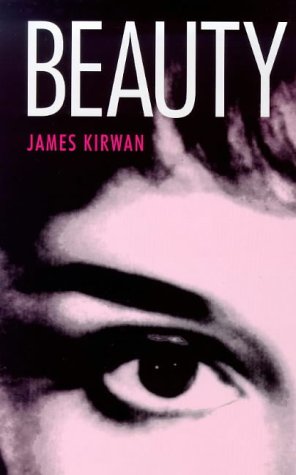
Beauty
Manchester University Press, 1999
In this work, James Kirwan provides a concise history of the concept of beauty as a distinct aesthetic experience (marginalized by the rise of philosophical aesthetics in the 20th century) and offers an answer to the age-old question of what beauty is; an answer that, placing the responsibility for beauty firmly with the eye of the beholder, explains what is in this “eye” that gives rise to beauty.

Literature, Rhetoric, Metaphysics: Literary Theory and Literary Aesthetics
Routledge, 1990
What is literature, and what can literature be for criticism? James Kirwan’s study stands back from the current debate on the “how” of criticism to ask if criticism can ever be an enterprise consistent with its subject – the literary text – or even with its own method. Through an examination of some of the perennial problems in literary theory, drawing upon the whole history of writing on literature from Plato to Derrida, Kirwan reveals the presence within the critical tradition of an ideal model of “literature” that at once creates and frustrates both the aims and methods of literary theory. Literature, Kirwan concludes, can never be more than a “beautiful lie”. Consequently, criticism will only ever produce either an appeal to the transcendental, or a turning of literature into science or history, a process which deprives it of its identity.
Selected publications
Peter Cheyne (ed.) Imperfectionist Aesthetics in Art and Everyday Life (Routledge, 2023) 229-240
Journal of Aesthetics and Phenomenology 6:2 (2019) 153-166
Temenuga Trifonova (ed.) Contemporary Visual Culture and the Sublime (Routledge, 2018) 64-73
Espes: Journal of Society for Aesthetics in Slovakia and Institute of Aesthetics and Art Culture 7:1 (2018) 24-29
Diogenes 59:1-2 (2012) 177-183
Steven Rosendale (ed.) The Greening of Literary Scholarship: Literature, Theory, and the Environment (Iowa University Press, 2002) 224-45
